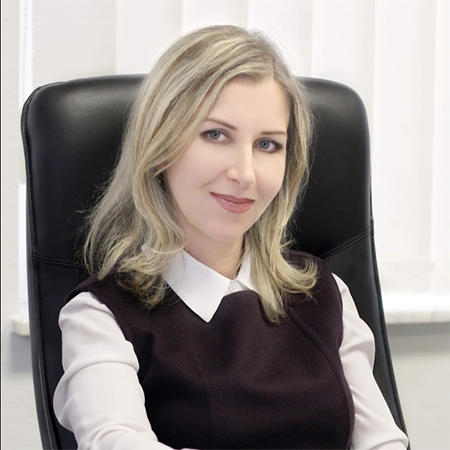Parkinson’s disease
Parkinson’s disease (PD) is a chronic neurodegenerative condition characterised by a progressive destruction of dopamine neurons, which causes severe movement disorders.
Etiology
The true causes of the disease have not yet been identified, however, research has found several factors that can influence on its development.
- Genetic predisposition. Patients with certain types of gene mutations that were directly related to the disease. The relatives of the patients have a significantly increased risk of developing the disease.
- External agents. The condition can develop due to the exposure to certain toxins, including herbicides and pesticides.
- Lack of dopamine or norepinephrine (hormones and neurotransmitters) is also a risk factor.
- Age. Parkinson's disease is extremely rare at an early age, it mostly affects people at the age of over 60.
Symptoms
The clinical course of the disease can be different. As a rule, the first manifestation is tremor. Usually, the condition initially affects only one side of the body but eventually the disease affects the other side as well. Parkinson’s disease is characterized by the following signs:
- Shaking (tremor). Tremor, which is typical of the disease, starts with hands: even in a relaxed position, the thumb makes oscillatory movements and rubs against the index finger. Tremor can be either very pronounced or almost invisible, in some patients it may not manifest at all.
- Bradykinesia (slow motion). The disease makes it difficult for a person to start any movement, even primitive actions can become difficult and time-consuming. Abnormal gait: the steps become shorter, the patient develops lateral displacements, it is difficult to make the first step.
- Muscle rigidity. Muscle rigidity can occur in any part of the body. It can sometimes be accompanied by limited movements and pain.
- Poor posture and loss of stability.
- Impaired natural movements. These manifest themselves as distorted smile, body swinging during walking, problems with gesticulation and lack of eye blinking.
- Speech disorders. Speech becomes monotonous, too fast, it also includes grammatical inconsistencies and repetition of words.
- Dementia. The person may experience problems with memory and lack clear thinking.
In addition to the above symptoms, Parkinson's disease can often be accompanied by other complications:
- Depressed state. The disease is often accompanied by depression. Overcoming of this condition is a vital factor that contributes to a successful treatment.
- Insomnia. The patient can wake up many times at night, not to fall asleep for a long time. During the day, there may be attacks of drowsiness.
- Impaired swallowing and chewing. At the advanced stages, the disease affects the muscles involved in swallowing and chewing food.
- Difficulty urination.
- Potency problems.
Other complications may develop as side effects of drug treatment, for example, convulsive movements, hallucinations, low blood pressure while standing.
Treatment
Despite the fact that today medicine cannot offer any method to completely get rid of the disease, there have been developed various methods that allow minimizing the symptoms and stopping its development.
German specialists have achieved significant results in the treatment of PD. The center has accumulated a wide experience of conservative treatment of the disease, which, combined with a unique rehabilitation program, makes it possible to minimize manifestations even at advanced stages of the disease. Through close cooperation with the Neurosurgical Center in Cologne, if necessary, the patient can undergo surgery with deep brain stimulation (DBS). Learn more about the treatment of Parkinson's disease in Germany.
To receive professional advice on the treatment of Parkinson's disease in Germany
Please call us: +49 228 972 723 72
or write an Email here



